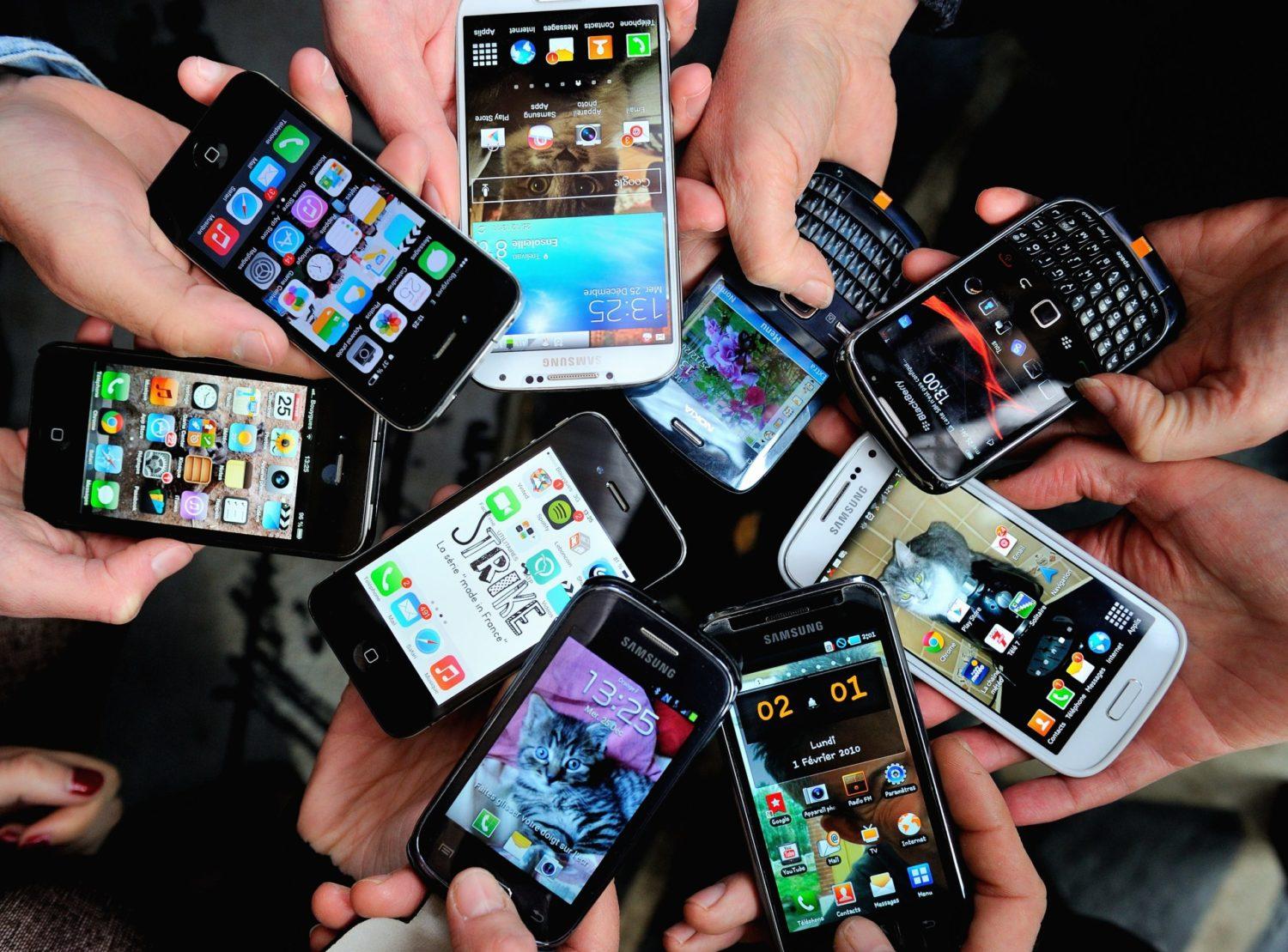In his book, Understanding Your Child’s Brain, Bilbao who urges parents to ban devices with screens for children under the age of six, says that the screens should find their way into their hands gradually, warning that children exposed too early may also become unhealthily dependent on such devices.

“Screens should indeed feature in the child’s life since they are part of our lives, but in my opinion, it is better that they find their way into the child’s hands gradually.
“This should happen once their brain has developed a little more, emotionally speaking, and also improved its ability to control itself. In other words, from the age of six.”
There is evidence children who regularly stare at the screens of smartphones, tablets, and computers are more irritable and have worse concentration and memories than youngsters who do not use them. Pictured: A young child looks at a tablet with the YouTube logo on the screen
Studies indicate that children who spend more time in front of screens are more likely to develop behavioural problems or childhood depression. They may also become unhealthily dependent on devices with screens, and lose interest in other activities that are more beneficial to their development, according to the new book.
Bilbao, who trained at Johns Hopkins Hospital in the US says he does not have any apps for children on his mobile phone or tablet.
“Occasionally my children use the mobile phone to look through photos of our holiday, or the day we made a cake, and we do it together. Sometimes we look at a song with them and learn the dance moves, but they don’t play games. We also limit their time in front of the television.”
The World Health Organisation says that under-fives should have no more than an hour a day of screen time, while advising a total ban on screens for under-twos.
VANGUARD






